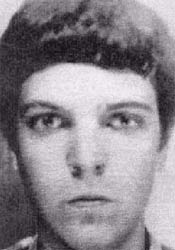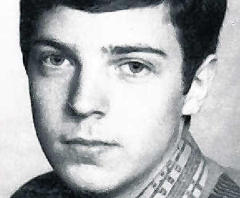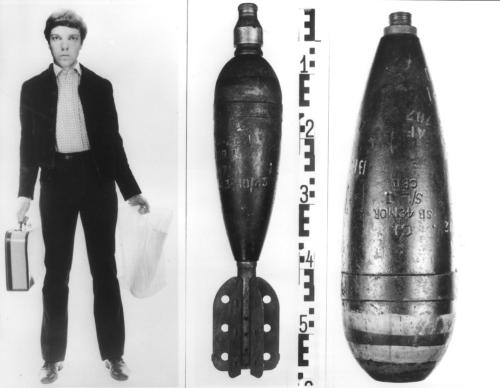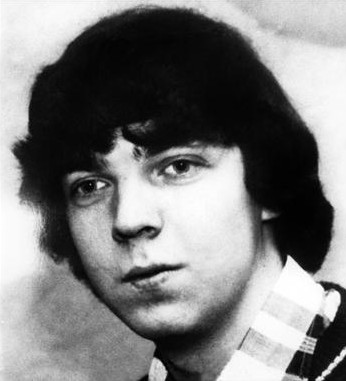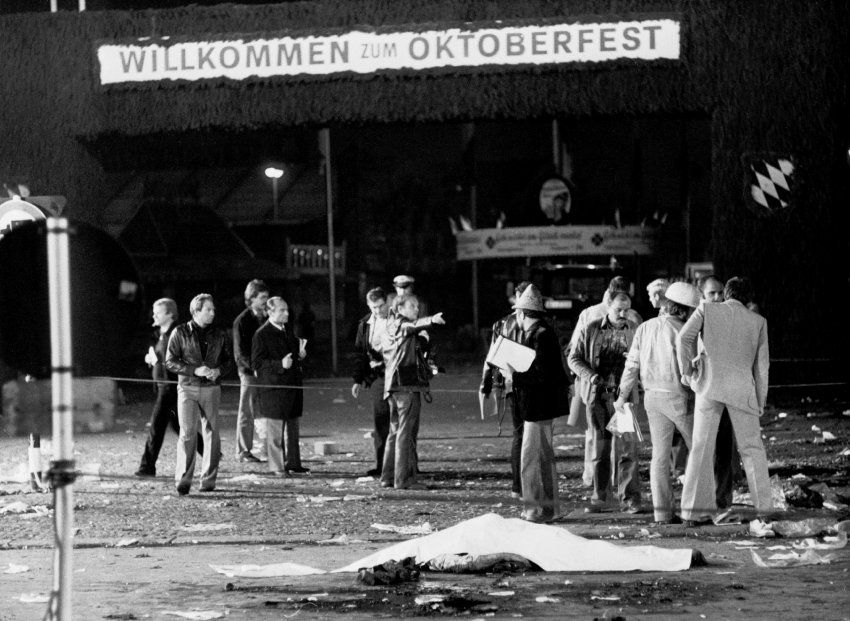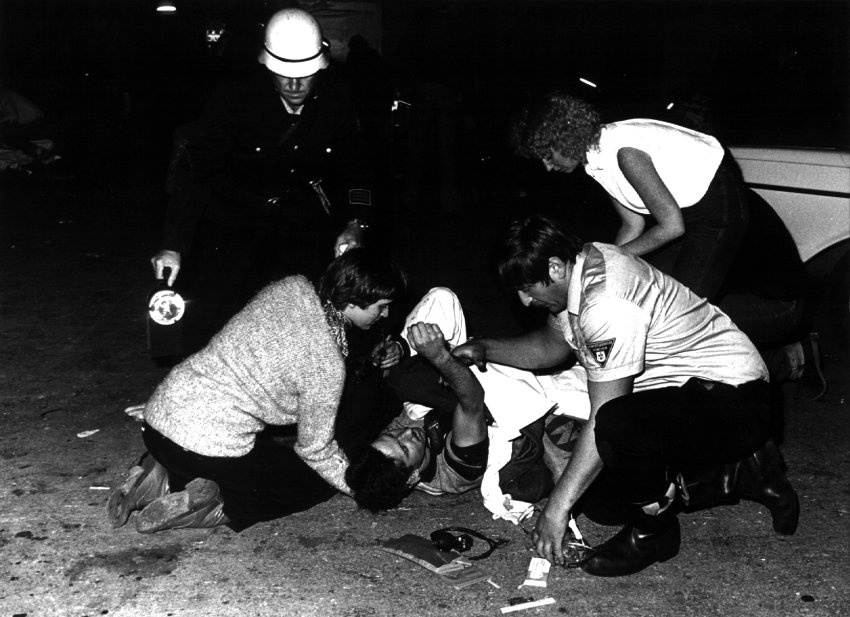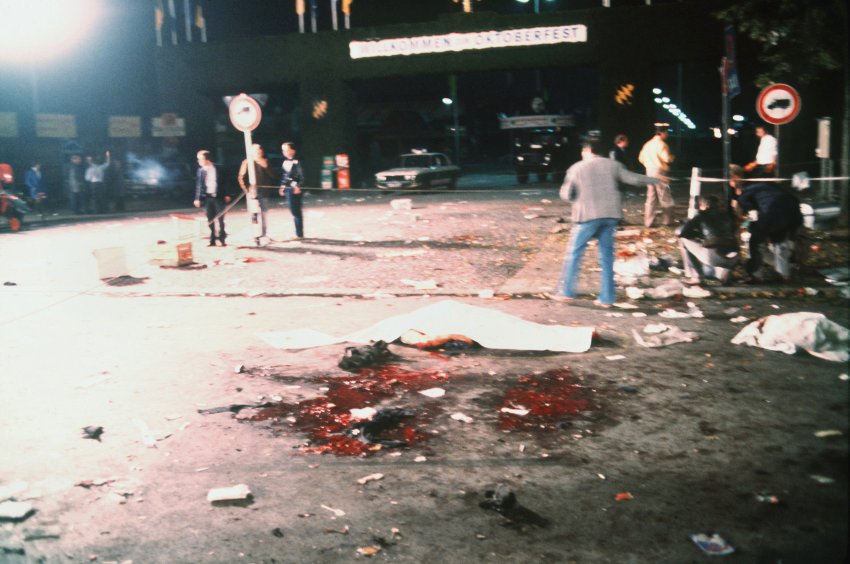
Robert Platzer, one of the survivors, was 12 at the time. "I saw
a young man bending
over a waste basket
at the entrance," he told SPIEGEL. "It was as if he were trying
to
lift something heavy with both hands."
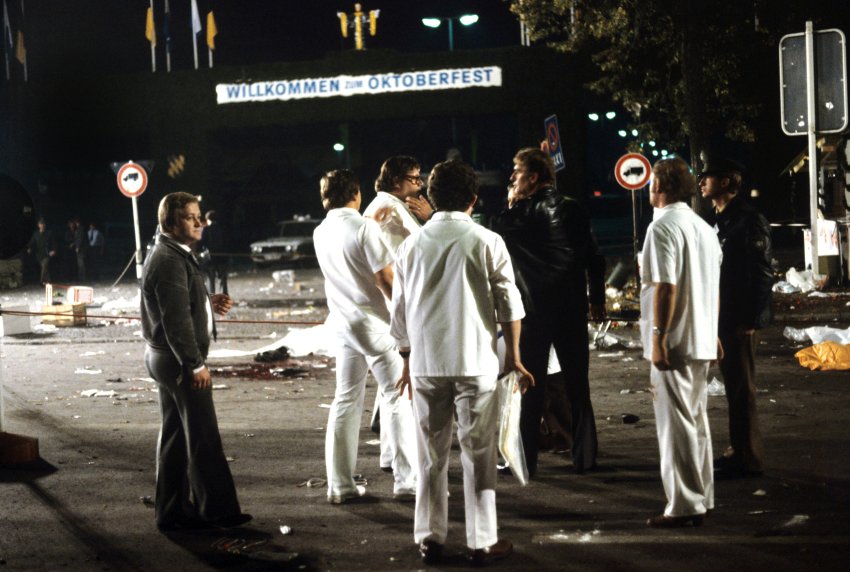
At that moment, a bomb exploded in the young man's hands. Platzer
witnessed the deaths
of two
of his siblings, whose bodies were ripped apart and hurled through
the air.
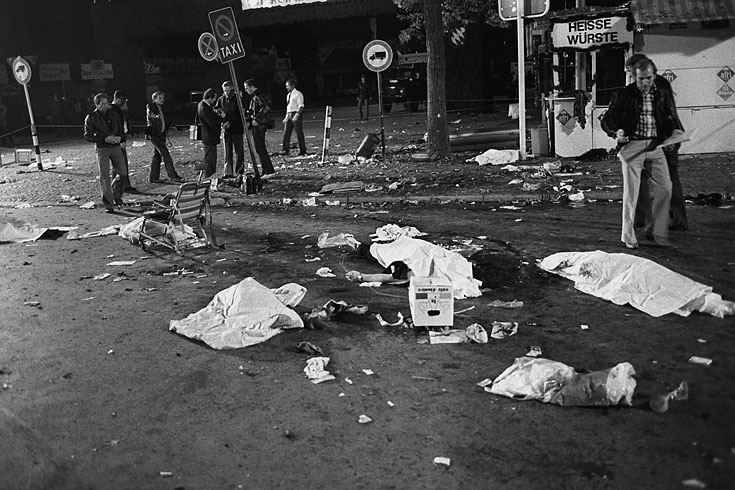
The bomb attack at Munich's Oktoberfest on Sept. 26, 1980.
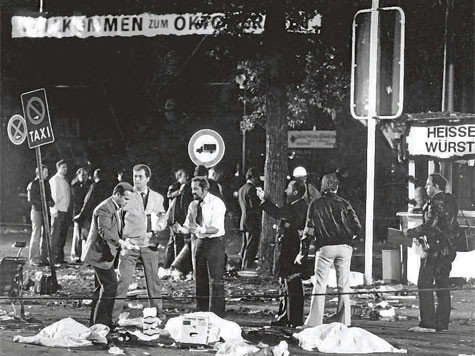
The bomb attack at Munich's Oktoberfest on Sept. 26, 1980.
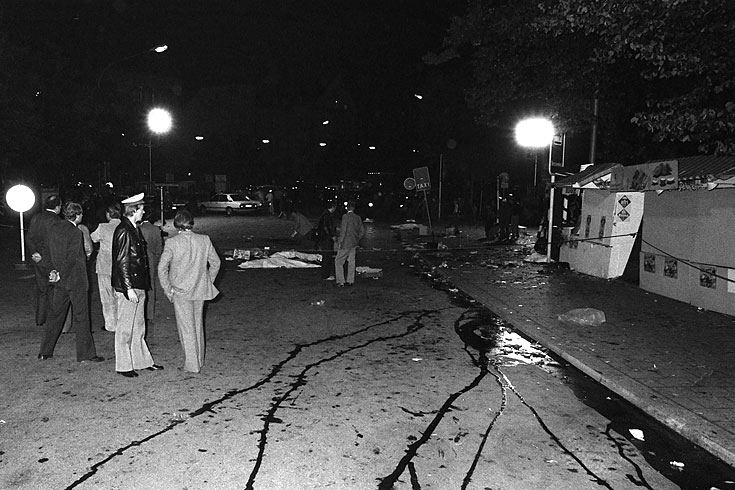
The bomb attack at Munich's Oktoberfest on Sept. 26, 1980.
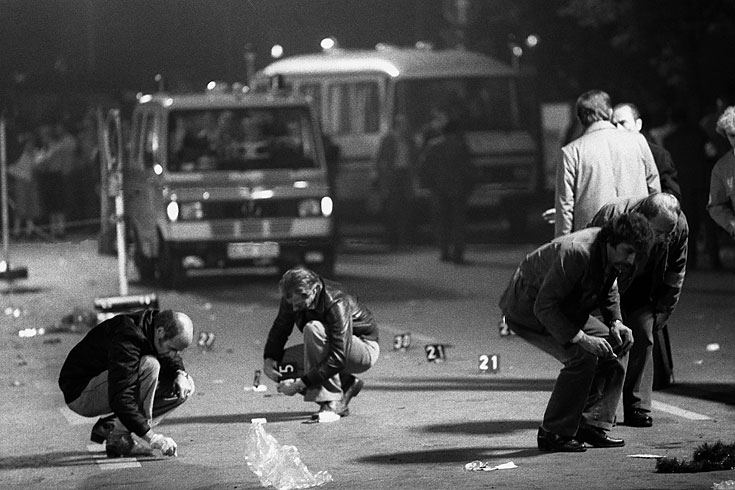
The bomb attack at Munich's Oktoberfest on Sept. 26, 1980.
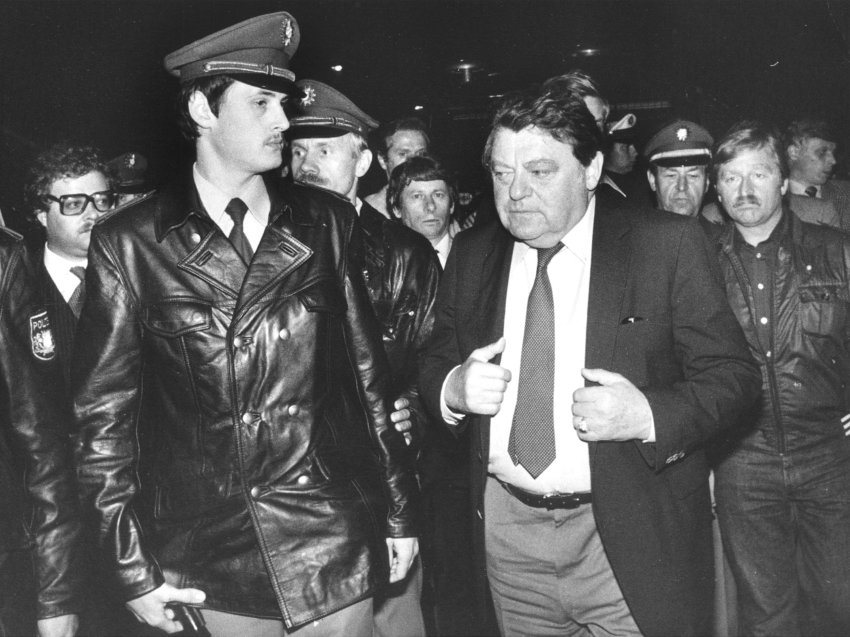
Then Bavarian Governor and chancellor candidate Fanz Josef Strauss
is shown visiting
the crime scene
on the evening after the bomb attack.
The incident occurred less
than two weeks before the 1980
German parliamentary
election, and Strauss' CSU was not interested
in right-wing extremist
terrorism. In their worldview, the threat always came from the left.
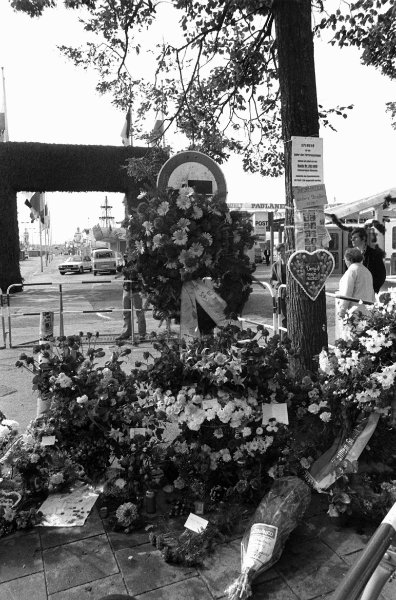
Early in the case, there had been speculation about the 21-year-old
bomber Gundolf Köhler's
right-wing extremist background. And last year, serious doubts
emerged as to whether the
21-year-old was truly alone at the scene of the crime on Sept. 26,
1980. But the question
of why the authorities never completely solved the case remains
unanswered to this day.
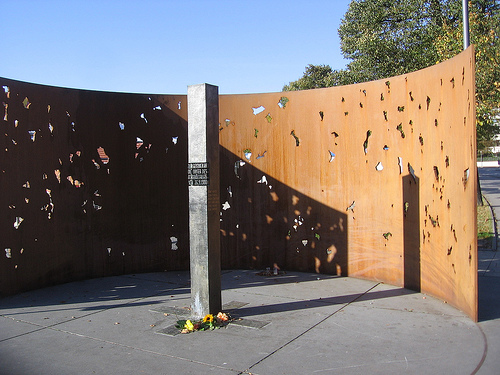
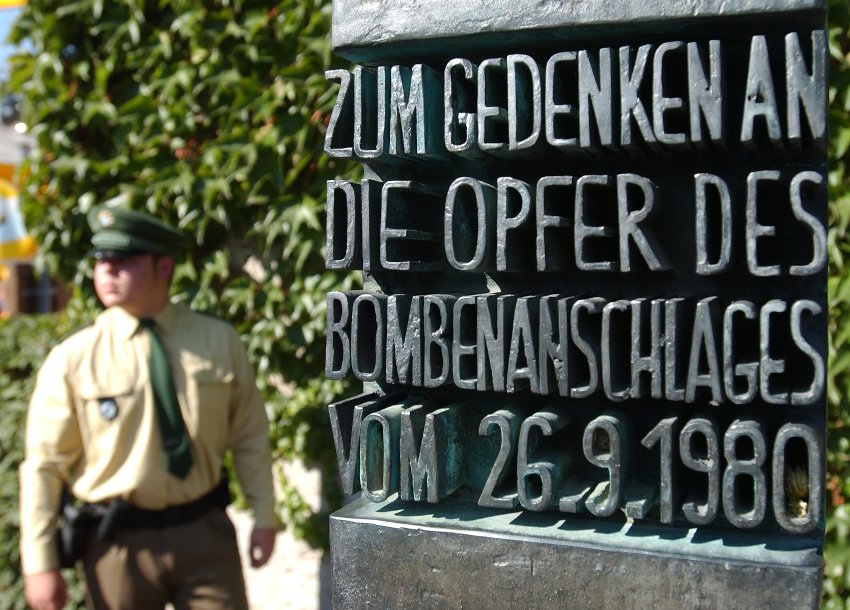
Here, a plaque in memory of the victims. At a commemoration
ceremony in late September 2011,
politicians from all major parties vowed to reopen the case. Before
that, the Bavarian state
parliament had already adopted a nonpartisan resolution to resume
the investigation.
Too many questions apparently remain unanswered.
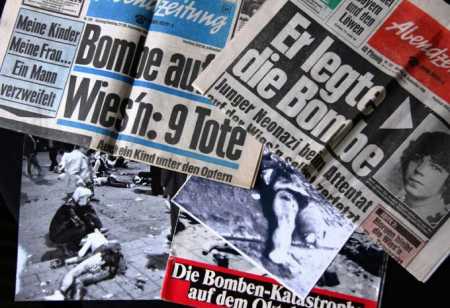
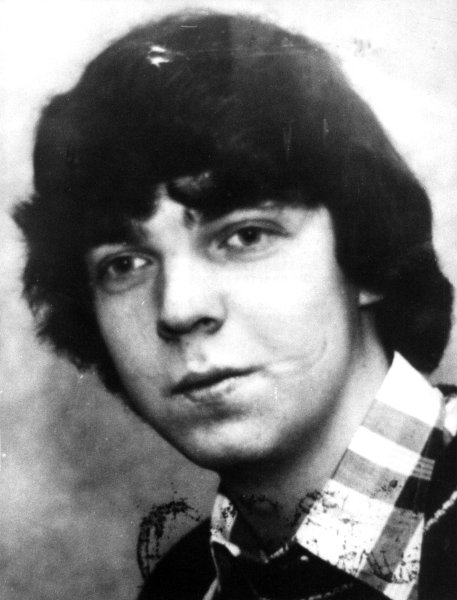
After some eight months of investigation, police closed the case
on Köhler. The official
explanation
involved the theory of a confused "sole perpetrator."

